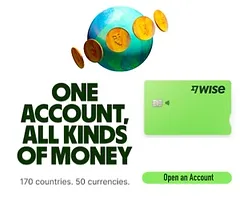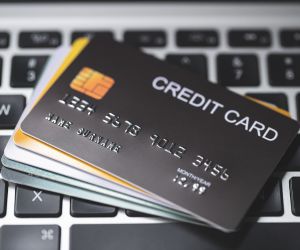BANK REWARDS PROGRAMS IN PAPUA NEW GUINEA – HOW THEY WORK AND WHAT TO EXPECT
In Papua New Guinea, more banks are offering customer rewards programs — points, cashback, discounts, airline miles — and people often wonder: why are banks giving away free stuff? The truth is, it’s not really free. These programs are marketing tools to drive customer loyalty, increase card usage, and boost bank profits in the long run. Whether you bank with BSP, Kina Bank, Westpac PNG, or others, you’ve likely seen some form of benefit program offered. This article explains how these programs work, what types of benefits are common in PNG, and where the money really comes from. We’ll break down the economics behind the “rewards”, so you can make smart choices without falling into hidden traps.

Types of rewards banks offer in PNG
Banks in Papua New Guinea, especially major ones like BSP, Kina Bank, and Westpac PNG, offer various customer loyalty schemes. These can include reward points, discounts at partner stores, travel benefits, or cashback bonuses. These schemes are designed to reward spending — particularly through credit or debit cards — and to keep customers active with the bank’s financial products.
What kinds of rewards are offered?
Points per kina spent on debit or credit cards
Discounts at retail partners like supermarkets and fuel stations
Entry into prize draws or raffles for electronics and holidays
Cashback on monthly card usage
Free access to airport lounges or VIP services
BSP for instance might offer cashback deals during festive periods, while Kina Bank runs promotions where you get entries into draws for spending over a threshold. These are not random acts of generosity — they are calculated incentives tied to customer behavior.
Designed to build habits
The more you use your card or loan account, the more rewards you earn — which keeps you engaged and makes it harder to switch banks. That’s the deeper goal: locking in your loyalty through regular incentives.
Why banks “give away” rewards
Many people in PNG assume these programs are just goodwill gestures from banks. But there’s a strong business case behind every toea spent on rewards. Banks use these systems to grow their market share and boost earnings in indirect ways.
Customer loyalty = long-term profit
By giving you small perks like free shopping vouchers or points, banks can increase how much and how often you use their cards. This directly boosts transaction volumes, from which banks collect fees.
Plus, they keep you from moving to a competitor. A client with 10,000 points at Kina Bank is less likely to cancel their card or switch to BSP. That stickiness is worth far more to banks than the actual prize.
Behavioral economics at play
People are more likely to spend when they know they’ll earn points
Rewards trigger habit-forming behavior
Smaller rewards feel big in the local economy
Banks learn spending patterns to target other offers
Helps banks cross-sell loans, insurance, and savings
So while it might seem like banks are giving away free things, they’re actually investing in your future business. The rewards are bait — you just have to decide if the hook is worth it.
The origin of the rewards
A common question asked by UK consumers is: how do banks afford to give away cashback, gadgets, or travel perks without losing money? The truth is that these schemes are carefully calculated marketing investments funded through multiple revenue streams.
Funding sources
Merchant fees: each card transaction generates interchange fees that partly fund rewards.
Interest charges: credit card interest and overdraft fees contribute significantly.
Corporate partnerships: airlines, retailers, and utilities co-finance rewards in exchange for visibility and customer traffic.
Increased usage: higher transaction volumes generate extra bank revenue, offsetting the cost of the rewards.
Thus, rewards are not free gifts but structured incentives. Customers gain tangible benefits, while banks increase profits, loyalty, and competitiveness. This explains why loyalty programs are widespread across the UK banking industry.








